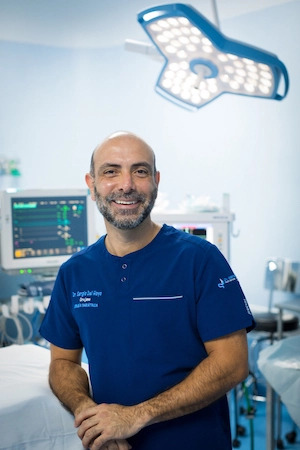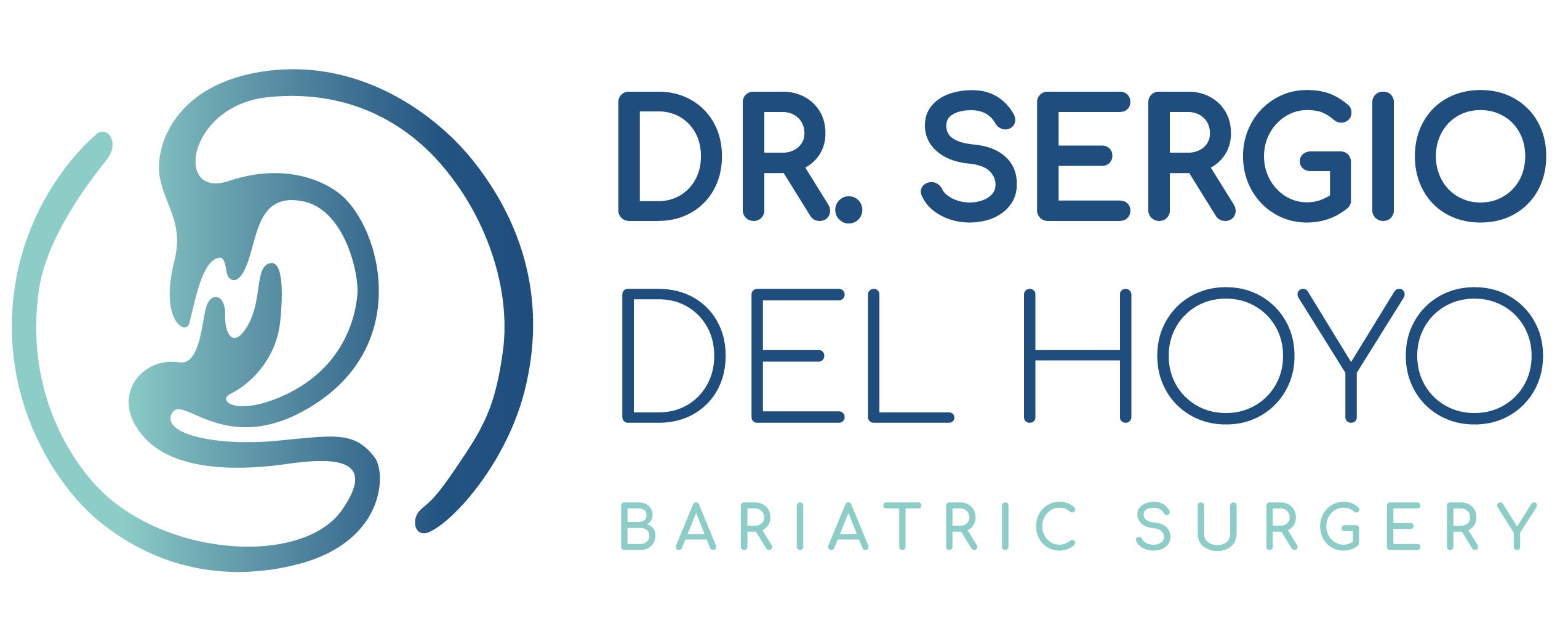Single Incision Gastric Sleeve (SILS)
Travel to Mexico to receive world-class care and perform your Single Incision Gastric Sleeve while enjoying the beautiful beaches of Puerto Vallarta.

¿What is surgery of single incision gastric sleeve (SILS)?
Single-port gastric sleeve surgery or known as SILS (Single-incision laparoscopic sleeve gastrectomy) is a relatively new approach technique for performing a gastric sleeve.
Technically, it is performing a traditional gastric sleeve removing 80% of the stomach capacity and In this way, make the patient feel satisfied with less food, lose weight while maintaining that weight loss, the difference between SILS and laparoscopic gastric sleeve is the site where the incisions are made and the number of incisions.
In SILS, the incisions are in the navel, only three incisions which are not very visible and aesthetically friendly. It is a requirement to be a candidate for SILS by laparoscopy that the BMI be less than 35 and in the best of cases a BMI of 32, for the performance of surgery in better safety conditions.
OUR PROFESSIONALS
Preparing for Surgery: Diet and Lifestyle Changes
Preparation for SILS is the same as for a traditional gastric sleeve and begins with lifestyle changes such as making healthier food choices, reducing portion sizes, eating more frequently throughout the day, exercising with regularly and avoid sugary drinks. It is also important to stop smoking before the intervention, since tobacco can interfere with the healing of the wound after surgery. Patients are usually asked to follow a liquid diet the day before the operation and may be asked to fast for several hours before arriving at the hospital.
Postoperative Care: Diet, Exercise, and Follow-up Visits
Post-operatively, patients are advised to drink fluids such as water, broth, and unsweetened juices. A totally liquid diet is recommended during the first weeks after the procedure. Afterwards, patients can slowly introduce soft foods into their diet and progress to solid foods in the following months. Proper nutrition is essential to heal properly and prevent complications associated with surgery. Exercise is also an important part of post-operative care, as it can help with weight loss and improve general health. Patients should follow the surgeon’s instructions on when to start exercising, usually within a few weeks of the procedure. Follow-up visits are also recommended to monitor progress and adjust treatment if necessary.
Discover why Mexico is the best place for your surgery
Discover why Mexico is the best place for your surgery
From prices to facilities, Puerto Vallarta should be your go-to for your next bariatric surgery.
Schedule your assessment
Send us your information
REAL TESTIMONIALS OF BARIATRIC SURGERY
Our best letter of introduction are the real results of each of our patients. Before, during and after gastrointestinal surgery or bariatric surgery.


